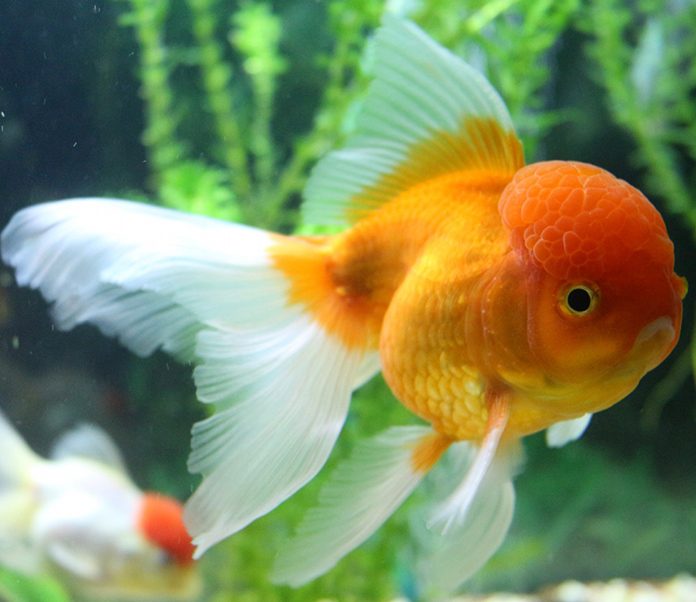Just like humans, fish can be susceptible to disease. Bacteria and parasites are contagious among fish that share an aquarium, and diseases can also stem from poor water conditions. So how do you know if your fish is sick, and how do you determine the proper remedies for its condition? Learning to recognize when fish need special care and how to treat them is key to a thriving aquarium!
Importance of Testing
Sometimes, if your fish is acting strangely, it may be the result of an environmental stressor that can be easily fixed in your aquarium when you know what to look for. This is why it is important to test your water to ensure the water parameters are correct, including the temperature, pH, ammonia, nitrite, etc. Conditions which can trigger illness include poor water quality, poor diet, and improper water temperature. When fish are weakened or stressed, they will be unable to fight off infections, and could become ill.
Visual Inspection Can Be Helpful
If you’ve already confirmed that the water conditions in your tank are correct, there are a few additional warning signs you will notice if your fish still seems unwell, and since you can’t easily take your fish to the vet, it is necessary to diagnose your fish based on its symptoms and treat accordingly. You will first need to determine whether your fish has a fungal, bacterial, or parasitic infection, as all of these will require different treatments. Do you notice white spots on your fish, or is it scratching against the gravel and aquarium ornaments? Your fish likely has Ich, a bacterial infection. Are there small grooves or holes suddenly present on your fish’s head, or do you notice any gill or skin flukes? These could be signs of a parasitic infection, and can be treated with a general cure for symptoms like these. Are your fish’s eyes suddenly cloudy, or do you notice excessive slime on their skin? You will want to select a fungus cure for these symptoms.
Once you have diagnosed your fish with a particular disease, separate the diseased fish from any healthy fish in your tank until it has completely recovered – otherwise, you risk infecting your entire aquarium community. If separation is not feasible, then treating the entire aquarium is advised.
Proactive Care
It’s important to keep your aquarium clean to reduce your fish’s chances of disease or infection. General fish health can be supported by the addition of aquarium salt, which aids distressed fish by adding electrolytes and promoting healthy gill function to help fish breathe easier. Additionally, proper feeding with a quality fish food, along with some basic proactive care, will ensure that your fish stay healthy!
| Picture | Name | Price | Description |
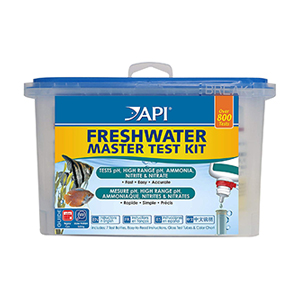 |
API Master Test Kits | $22.54 | More |
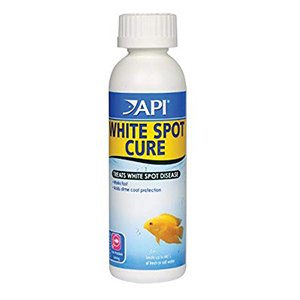 |
API LIQUID SUPER ICK CURE Freshwater and Saltwater Fish Medication | $8.98 | More |
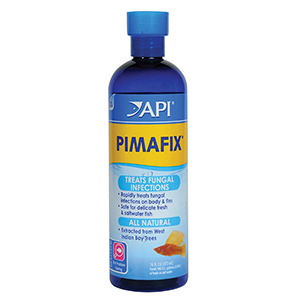 |
API PIMAFIX Antifungal Freshwater and Saltwater Fish Remedy | More | |
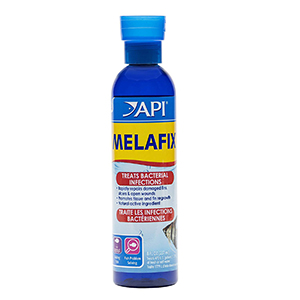 |
API Pond MELAFIX Pond Fish Bacterial Infection Remedy | $7.26 | More |
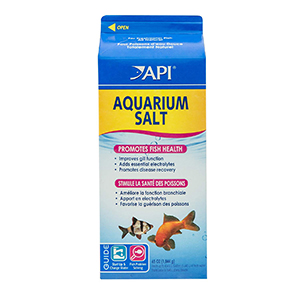 |
API AQUARIUM SALT Freshwater Aquarium Salt | $6.44 | More |














